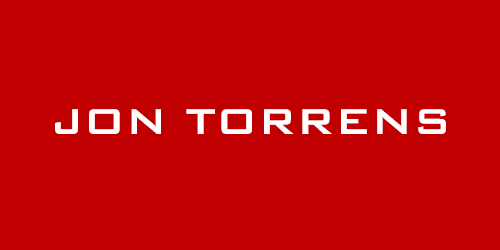The Theory
Entertainment forms such as video games and movies benefit from having a good story. They should always have one anyway, though. Obviously.
Information forms, however – such as lectures, pitches and presentations – benefit even more from having a good story, because they’re not expected to have one.
The Practical
I saw several academics speak at an event at Cambridge University recently. Many of them opted for the following fascinating structure:
- Starting the fifteen minute talk by telling the audience that they will describe a list of information.
- Doing precisely that.
- Ending their talk with a clumsy “Have I run out of time?”.
The Story
They missed the huge opportunity to engage the audience. These are experts in their field, blessed with plenty of experience. All they had to do was to consider the form that – I hope – interests them when they’re looking at information outside education, such as news, books or television: it’s stories.
The structure of your piece doesn’t have to be more sophisticated than a basic narrative (beginning, middle and end), but injecting some events, characters and real-world examples really brings dry information to life, and – crucially – holds your audience’s attention. Pretty important if you’re responsible for their education, wouldn’t you say?
Use story-telling, the oldest form of entertainment. It’s fun and effective.
Related Posts

Pingback: Star Wars: My Story -
Pingback: More Heroines, Please -
Pingback: Conflict is Good - Use It -